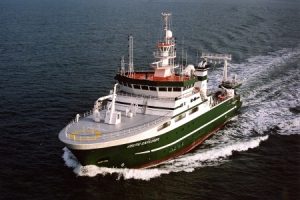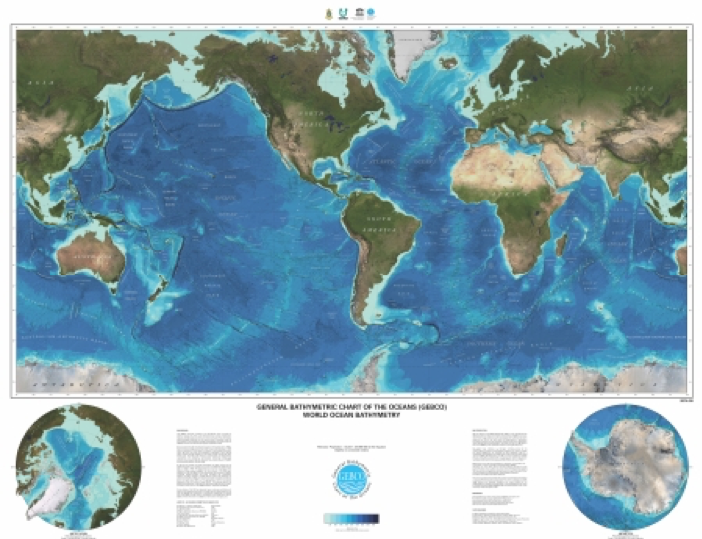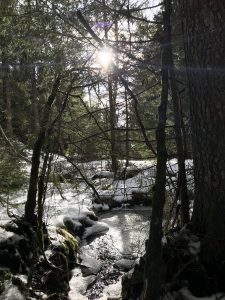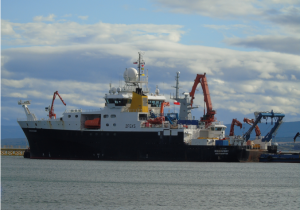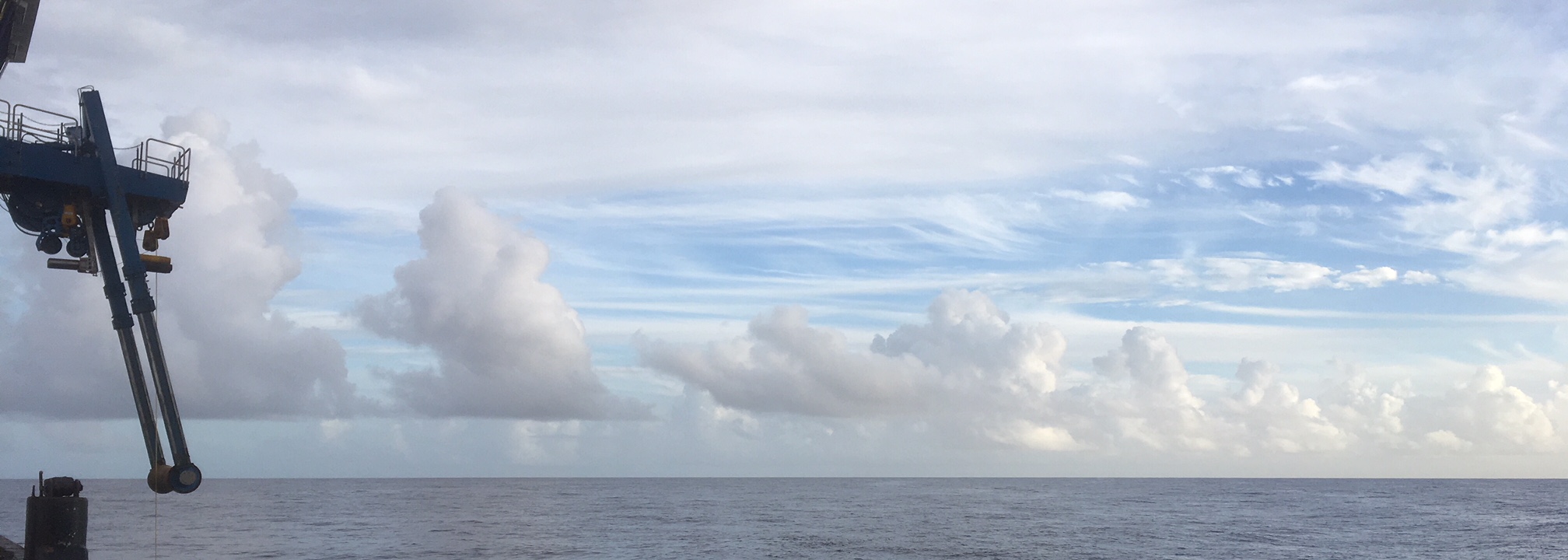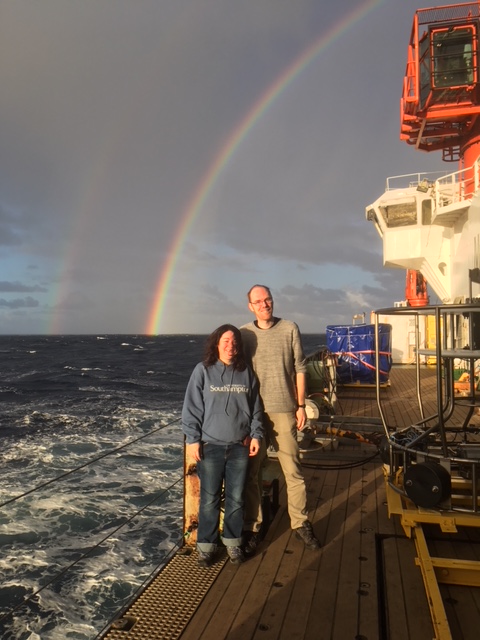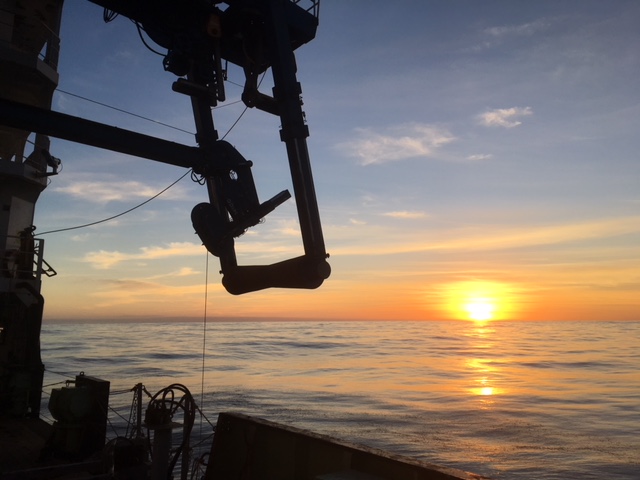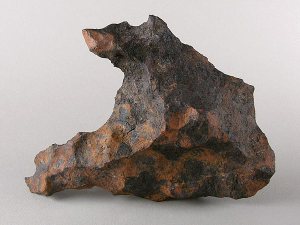
Adventures of Clair Patterson
You may have been aware that our Earth is as old as 4.5 billion years. But do you know who found out this fantastic figure first? The destiny rests on shoulders on a young man, Clair Patterson, who was a PhD student at the University of Chicago in the 1940s. I'd like to share his story with you!
The first task for Patterson was to measure the concentration and isotope composition of lead inside the zircon, which is extremely useful for geological dating.
Continue reading →

